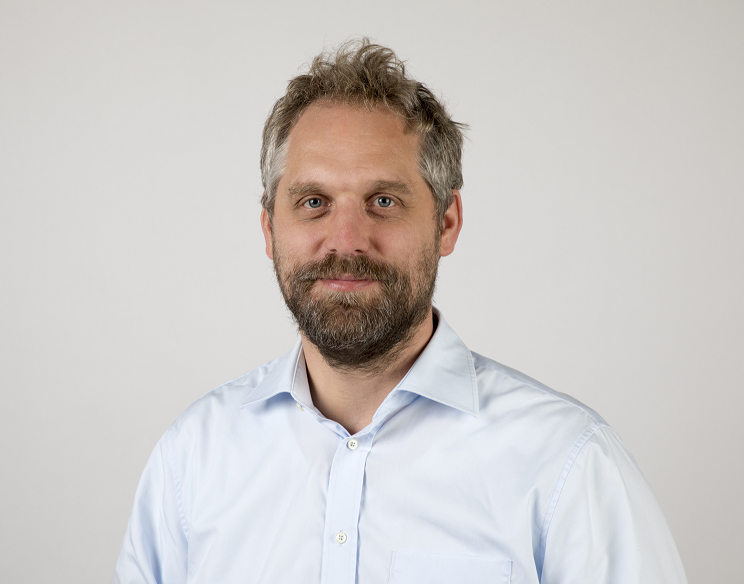Friday, October 11th at 12pm in SN 213
Bridging the Future: How Digital Engineering is Transforming Traditional Engineering Education and Practice Digital Engineering (DE) has become a crucial part of modern engineering processes, fundamentally reshaping traditional practices. Particularly, advanced digital technologies are employed to optimize the entire lifecycle of complex systems — from development to maintenance. DE merges classical engineering techniques with data-driven approaches such as simulations and digital twins. This integration allows for more efficient, flexible, and cost-effective development processes by identifying errors early and enabling real-time adjustments. Similar to how Business Informatics bridges IT and business processes, DE combines technical expertise with digital tools to manage and improve complex systems.
This shift requires engineering programs to adapt their curricula. Beyond traditional subjects, interdisciplinary fields such as computer science, data analysis, and system modeling must play a larger role. Universities also need to foster collaboration between faculties to reflect the interdisciplinary nature of DE and create hands-on environments, such as DE labs, where students can apply the latest digital tools.
To succeed in DE, engineering students need foundational digital skills, such as programming and data handling. These competencies are often not guaranteed and may need to be acquired before or during early stages of study, maybe even through preparatory courses. These digital capabilities should be seen as essential, ensuring that graduates are prepared for the demands of the digital transformation in engineering.
Thomas Hemker: Professor for Digital Engineering at FH Münster’s Institute of Business Administration and Engineering

Thomas Hemker is a Professor for Digital Engineering at FH Münster’s Institute of Business Administration and Engineering and Certified Public Accountant. With a Ph.D. in Engineering from TU Darmstadt, and a diploma in Mathematics from University of Münster, Thomas Hemker has expertise in simulation, system optimization, and robotics. Previously, he held academic and professional roles, including a professorship in administrative informatics at the Federal University of Applied Administrative Sciences and previous experience as a consultant at KPMG. Thomas Hemker’s research includes the optimization of technical systems and the application of digital technologies in engineering. He is particularly interested in fostering digital skills in engineering and encouraging students to pursue technical fields.